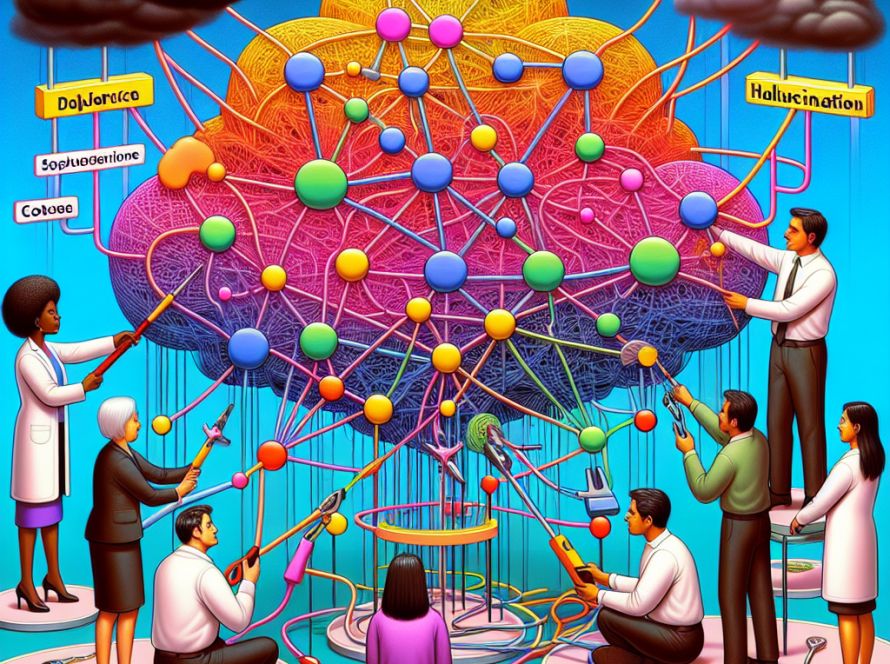In the advanced AI realm, a considerable obstacle is the data’s security and privacy, particularly when using external services. Numerous businesses and individuals have stringent regulations regarding where their sensitive data should be stored and processed. Traditional solutions often necessitate sending data to external servers, sparking worries about compliance with data protection laws and control over information.
One platform that is helping address these concerns is Dify.AI, an open-source tool that specifically tackles challenges brought by OpenAI’s latest Assistants API. Dify prides itself on offering self-hosting deployment strategies, a system in which the data is processed on independently installed servers. This ensures that sensitive data remains on internal servers, complying with businesses’ and individuals’ strict data governance regulations.
Moreover, Dify enables multi-model support, granting users the ability to work with a variety of commercial and open-source models. This offers users the flexibility to switch between models considering factors like budget constraints, specific use cases, and linguistic needs. The software supports models like OpenAI, Anthropic, and Llama2, which can be deployed locally or accessed as a Model as a Service. Additionally, parameters and training methods can be personalized to fabricate custom language models for unique business and data requirements.
One significant attribute of Dify.AI is the RAG engine that offers integration with several vector databases. Thus, users can choose storage and retrieval solutions matching their data necessities. This system also syncs with external data via APIs, enriching semantic relevance with negligible infrastructural modifications.
The software’s design is rooted in flexibility and extensibility, as it allows easy addition of new functions or services via APIs and code enhancements. Additionally, the code flexibility lets developers tailor service integration and user experiences. Seamless interoperability with existing workflows promotes swift data sharing and workflow automation.
Further, Dify.AI makes AI accessible by eliminating technical difficulties. As a result, team members without technical proficiency can easily work with sophisticated technologies like RAG and Fine-tuning. Collaborative efforts are also boosted as team focus shifts from coding to realizing business goals. Continuous data feedback enables constant improvement in apps and models.
In conclusion, Dify.AI emerges as a comprehensive solution to obstacles faced in AI application development, offering a robust platform that prioritizes self-hosting, multi-model support, and flexibility. Therefore, businesses and individuals seeking privacy, compliance, and customization in their AI pursuits can rely on Dify.


